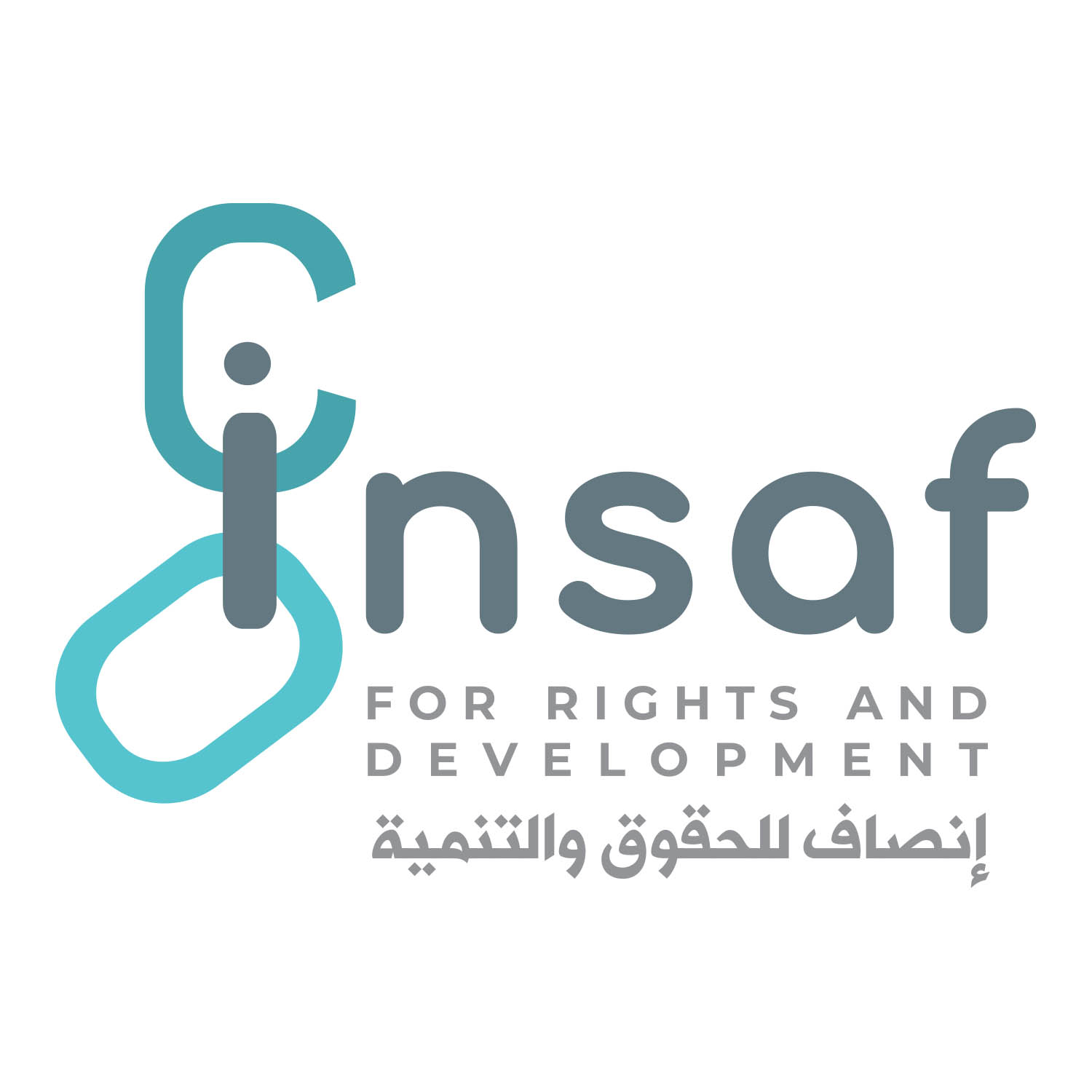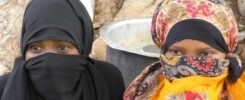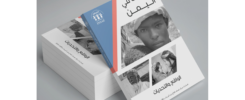Eman Abdullah Homaid – Chairperson of INSAF Center
The International Day for Human Rights comes this year whilst people in Yemen are living their darkest days and deprived of most of their rights. As the space for freedoms and tolerance narrows, it is replaced with injustice, oppression and the confiscation of the right of expression, the right to believe, the right to move freely and the right to think.
Despite the increase in knowledge among the people of the world today and the increase in interest in human rights, Yemen is turning more and more every day into a place of intolerance. In addition to confiscating the rights of others, activists and human rights defenders face multiple difficulties, especially when this activist is female, as the situation becomes more complicated and more dangerous.
The first dangers human rights activists face are the systematic campaigns launched against them, that try to portray them as being agents and spies hired and funded from abroad. On the one hand, this portrayal increases the risks that these activists face, and forces many people to waiver their rights because they are too afraid to talk about their right with these activists, seeing that they might be agents from abroad.
The second danger is when this activist is a female, who is already deprived of many of her rights in a male dominated society, and where many view women only as a source of suspicion and lust. Under such circumstances, how can women contribute to the raising of awareness of human rights? Feminism has also recently been classified in our society by some as being equivalent to extremism and terrorism, which naturally doubles the risks female activists face.
Another – and greater danger – is when these activists try to defend the religious rights of minorities, which is what we have been facing at INSAF center, where we are viewed with suspicion and contempt because society views this behavior as a shift in religion. To them, it is not acceptable to defend the rights of another sect or individual of another religion, as they lack or refuse the concept of tolerance when it comes to defending the rights of others.
The same can be said for defending the Muhamasheen (The Marginalized) minority. We face many challenges in light of a society that views minorities as being inferior. Here, the challenge becomes greater in order to confront these abnormal behaviors that society in general does not accept, but was affected by it as a result of the failure to implement the approved constitutional legislation that did not turn into executive laws to deal with them. However, we believe that the values and awareness of society will prevail and promote tolerance, acceptance of others, solidarity and cooperation for the benefit of all.
The defense of human rights in general and minorities in particular, should be transformed into a public activity for all members of society. Because the rights of minorities are the rights of everyone and the adoption of the concepts of tolerance and acceptance of others are the foundations of building a strong and cohesive society in which the individual rises for the sake of the group.



